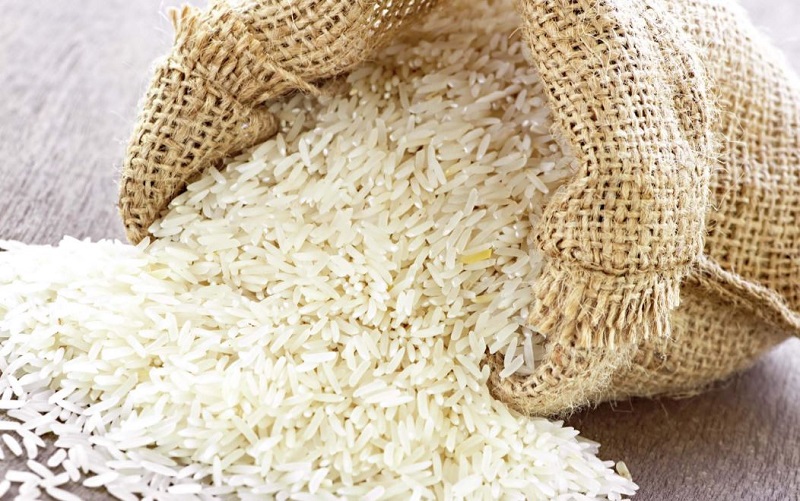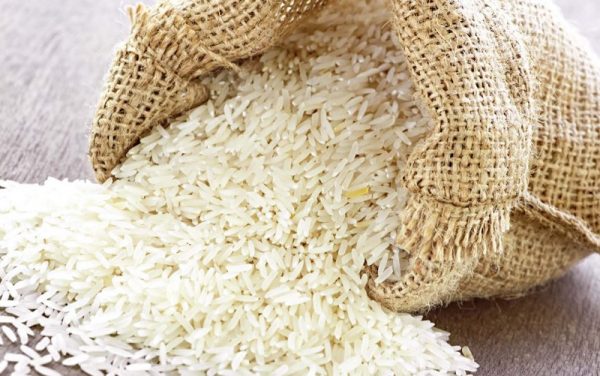As far as we can tell, Nigerians’ love for rice has not been destroyed by the upward spike of the commodity’s price. The plates on dining tables probably contain a smaller number of rice grains than they used to, but the cereal is still being consumed by households across the country. Rice is a staple food, an integral part of the average Nigerian’s diet; this is what makes its relatively expensive price these days quite difficult to bear for the greater proportion of consumers in the country. Doomsday speculations about further price increases, including a widely reported warning that a bag of rice grains could sell for ₦ 40,000 before the year runs out have inspired fear in the hearts of many.
Now, local rice farmers are being marshaled unto the frontline to battle the sky-high prices by flooding the markets with supplies from fields old and new. Leading the way in this campaign are the farmers from Kebbi State.
The demand for rice in Nigeria is huge- the Food and Agricultural Organization says Nigeria consumes more rice than any other African country. But it is unable to satisfy the great domestic appetite for the food, so it imports several hundred thousand tons of rice grains yearly. Recently, the sharp fall in the value of the naira against foreign currencies has meant that food imports have become costlier; the Federal Government has moved to restrict imports, while the local farmers have barely been able to raise production output. These factors have led to an increase in the price of the commodity, a development which has bitten the majority of consumers quite hard. It is into this concerning situation that the rice producers from Kebbi State have stepped, with the promise of getting Nigeria on track to greater food security.
Thousands of farmers in Kebbi State have seized the opportunity created by the Central Bank’s Anchor Borrowers Program to expand rice output; the program aims to boost rice and wheat production in Nigeria by providing loans to farmers. Due in part to the program’s perceived success in Kebbi, there is now a growing hope that the state could become the heart of renewed efforts to make Nigeria a more prominent rice exporter- apart from helping to make up for the rice supply deficit in the country. Alhaji Sahadi Augie, Chairman of the state’s Rice Farmers’ Association, seems to believe that this is possible.
“Given the unprecedented success recorded in this year’s harvest across the state, Kebbi should not only meet the rice needs of the country but within a short time that of West Africa”, Augie said in an interview with Daily Trust. “I am optimistic that we will surpass the 1 million metric tons target very soon.”
There is evidence beyond the optimistic talk of a rice boom in Kebbi. Traders from Kano, Maiduguri, Lagos and Ebonyi, as well as from neighboring countries are buying rice from Kebbi’s farmers. The growing market for rice and the support from government has encouraged many people to become rice farmers.
“Everybody is now involved in rice farming”, said one local farmer. “The Anchor Borrowers Scheme has really improved our rice farming, and it might not be long before we start feeding other West African countries”.
Earlier this year, the governors of Kebbi and Lagos signed a Memorandum of Understanding which could see the two states produce up to 70 percent of Nigeria’s rice output.
Kebbi State’s impressive record with rice production thus far isn’t just an example of government succeeding in its push for diversification and greater food security. It also presents an account of what is possible when people see existing market gaps as opportunities, and eagerly take hold of them.


